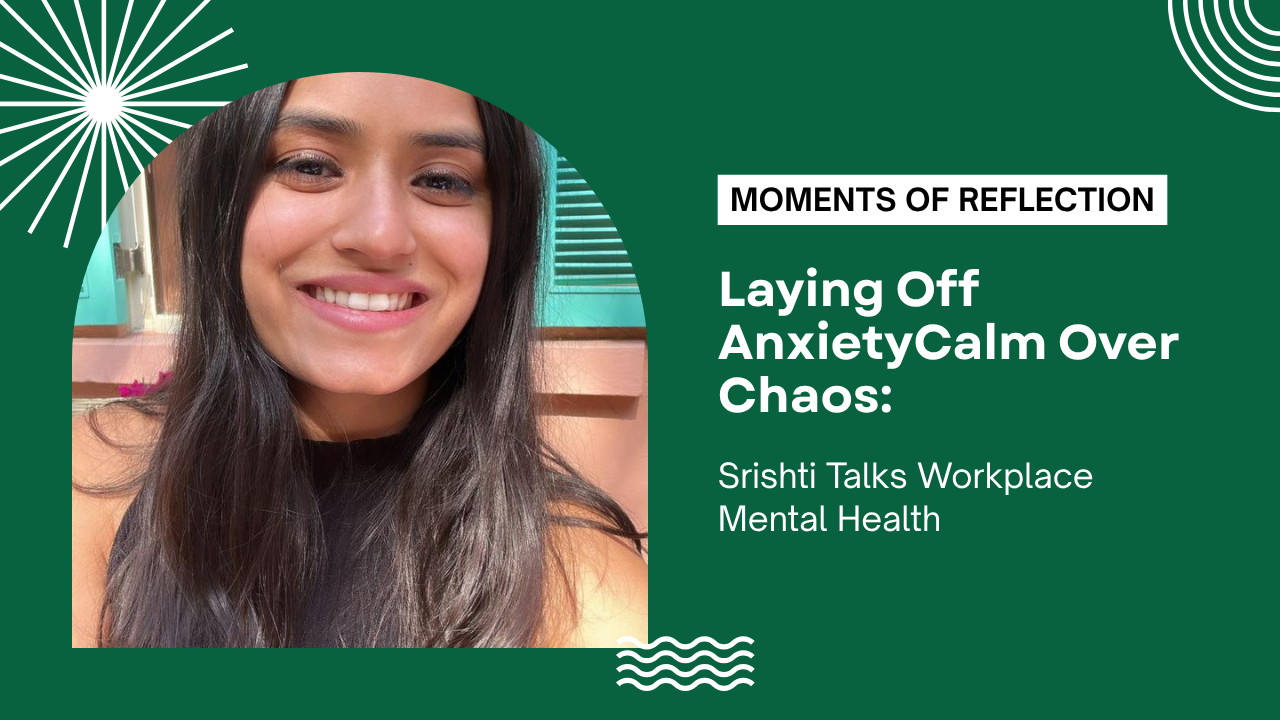
The Power of Weekly Reflection: In Conversation with Belgin Aksoy
Belgin Aksoy, a graduate of the Institute Hotelier César Ritz in Switzerland, has over 30 years of experience in tourism and hospitality, with two decades dedicated to wellness. She founded Global Wellness Day (GWD), a global movement celebrated in tens of thousands of locations each June with the motto, “One day can change your whole life!”Her contributions to wellness have earned her prestigious awards, including “Leading Woman in Wellness” (2016), “Personality of the Year” (2019), and “Pioneer of Wellness” (2022). Recognized among the “Top 30 Influencers Transforming Wellness” by Medika Life, she continues to inspire a healthier world.
Why is weekly reflection becoming essential for longevity and well-being in 2025?
As modern life becomes increasingly fast-paced and digitally overwhelming, weekly reflection has emerged as a powerful tool for enhancing longevity and well-being. Taking time to pause and reassess personal habits, values, and goals fosters greater self-awareness and intentional decision-making. This simple yet impactful practice helps reduce stress, align daily actions with long-term aspirations, and cultivate a sense of purpose—all of which contribute to a longer, healthier life.
How does regular reflection improve mental clarity, emotional resilience, and physical health?
Weekly reflection acts as a mental detox, helping to clear cognitive clutter and improve focus. Emotionally, it fosters resilience by allowing individuals to process their experiences, celebrate progress, and acknowledge challenges. Additionally, reflection often leads to healthier lifestyle choices, such as improved nutrition, consistent exercise, and better sleep—key factors in maintaining physical well-being. When combined, these benefits contribute to a more balanced and fulfilling life.
How can busy individuals make weekly reflection a simple and sustainable habit?
Start by setting aside just 10-15 minutes each week—Sunday evenings or Friday afternoons work well for many. Create a calming environment, whether through journaling, meditation, or a quiet space with a cup of tea. Utilizing guided reflection prompts or incorporating reflection into existing routines, like a morning walk or bedtime ritual, makes the habit easier to sustain. The key is consistency—small, regular sessions will yield long-term benefits.
How does weekly reflection align daily actions with long-term goals, especially as we age?
By assessing personal choices on a weekly basis, individuals can ensure their actions align with broader life aspirations. This process prevents drifting into autopilot mode and fosters greater accountability in achieving meaningful goals. As people age, reflection becomes even more critical in maintaining a sense of purpose, staying connected to personal values, and making mindful decisions that support long-term fulfillment.
What role does weekly reflection play in cognitive health and slowing the aging process?
Regular reflection stimulates cognitive functions such as memory, critical thinking, and problem-solving. Engaging in these mental exercises helps maintain brain health and reduces the risk of cognitive decline. Additionally, setting intentional goals and focusing on positive experiences help lower stress, which is a major contributor to premature aging. The cumulative effect is improved mental agility, reduced anxiety, and enhanced longevity.
Can weekly reflection help reduce stress and improve adaptability to life’s challenges?
Absolutely. Reflection provides an opportunity to identify sources of stress and develop proactive coping strategies. By fostering a growth mindset, practicing gratitude, and acknowledging both successes and setbacks, individuals build greater emotional resilience. Over time, this approach enhances adaptability, making it easier to navigate life’s complexities with a sense of control and confidence.
How does self-compassion play a role in weekly reflection, and how does it impact longevity?
Self-compassion is integral to effective reflection. By approaching past experiences with kindness and understanding rather than criticism, individuals foster emotional healing and reduce stress. This practice strengthens emotional resilience, promotes a positive outlook on life, and cultivates inner peace—all of which contribute to a longer, healthier life.
What are some simple tools or techniques for beginners to start weekly reflection?
A simple journal is one of the easiest ways to begin. Reflection prompts like “What went well this week?” or “What lessons did I learn?” can provide structure. Practicing mindfulness by focusing on deep breathing before reflecting can enhance clarity. Incorporating gratitude—listing three things to appreciate each week—can also make the practice more rewarding. The key is to keep it personal and consistent.

How does weekly reflection foster deeper connections and enrich relationships as we age?
By regularly assessing personal values, emotions, and interactions, reflection enhances emotional intelligence and empathy. This leads to more meaningful connections with loved ones and improved communication. As maintaining strong relationships becomes increasingly important with age, weekly reflection ensures that individuals nurture and prioritize their most valuable social bonds.
What is the future of weekly reflection in the pursuit of longevity and well-being?
As holistic health gains recognition, weekly reflection is expected to integrate more with digital wellness tools, such as guided reflection apps and progress-tracking platforms. Community-based reflection groups may also grow, allowing individuals to share insights and experiences. As research continues to highlight the connection between mindfulness and longevity, reflection will solidify its role as an essential habit for leading a healthier, more purposeful life.






Comments